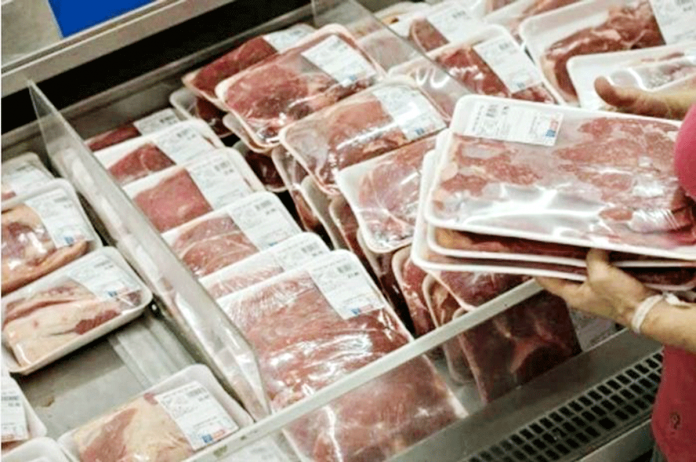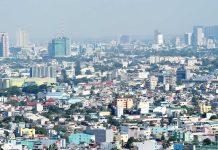
MANILA – The Philippines’ processed meat products can now be exported to Japan, the Department of Agriculture (DA) said Friday.
In a statement, Agriculture Secretary William Dar said the favorable development is due to the recent inclusion of the Philippines in the Japanese Ministry of Health, Labor and Welfare (MHLW) list of certified countries that passed the Hazard Analysis and Critical Control Point-based (HACCP) hygiene management protocols.
“This is definitely a big boost for our livestock producers, and food manufacturers, meat processors, and exporters, as we continue to look for market opportunities to jumpstart the country’s economic recovery amid the pandemic,” Dar said.
It is also a testament to the country’s commitment to providing safe, healthy, and world-class quality food for domestic and export markets.
With this, the Philippines can start exporting beef, carabeef, pork, chevon, mutton, and their by-products to Japan.
Article 11 of Japan’s Food Sanitation Law provides that only meat products using HACCP management systems may be imported into the country.
“We are pleased that we have successfully hurdled Japan’s stringent food safety and hygiene management standards,” according to Dar.
Since 2003, the DA, through its National Meat Inspection Service (NMIS), has implemented the mandatory application of the HACCP program in all licensed “triple A” (AAA) meat establishments.
HACCP is a science-based, systematic protocol that identifies hazards and measures for their control to ensure food safety.
Before getting the thumbs-up to ship processed meat products to Japan, the Philippines was only allowed to export chicken meat, mainly used for grilling as “yakitori,” said DA-NMIS director Jocelyn Salvador.
Yakitori is a Japanese menu where bite-sized chicken, beef, pork, and other meat or fish are put on skewers, which are grilled, and served.
“The HACCP certification implies that the systems of certification of the Philippines are at par with global standards,” Salvador said.
To date, there are at least 70 Philippine meat establishments – including slaughterhouses, meat-cutting plants, poultry dressing plants, and cold storage facilities – in the country that have “AAA” certification from the DA-NMIS, the list of which has been furnished to Japan’s MHLW.
Japan remains one of the country’s largest trading partners, which was further enhanced with the signing of the Philippines-Japan Economic Partnership Agreement in 2006.(GMA News)







